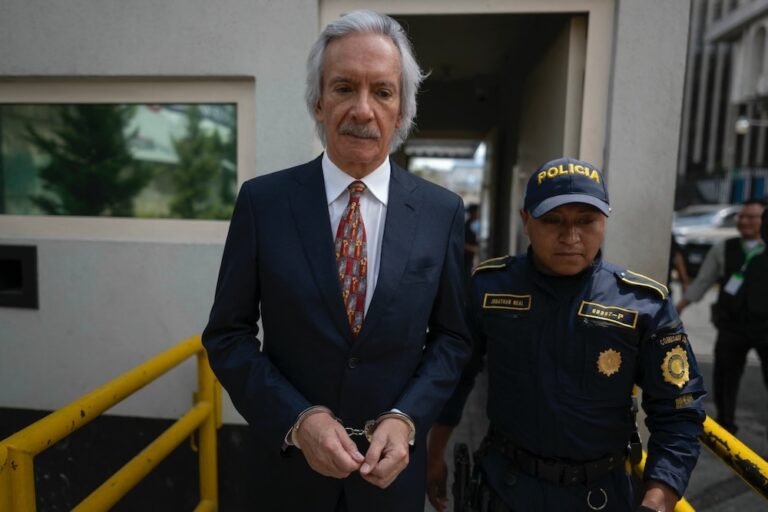When will community radio stations be treated with the same respect as commercial and state-owned radio stations in Guatemala?
When will community radio stations be treated with the same respect as commercial and state-owned radio stations in Guatemala?
Reporters Without Borders reiterates its concern about the persecution of Guatemala’s community radio stations after armed members of the national police suddenly raided and closed two such stations in Ixcán, in the western department of Quiché, on the interior ministry’s orders on 21 June.
The police had no warrant and gave no reason for the closures, which reflect the lack of media pluralism in Guatemala.
The first station to be closed was Estéreo Luz, whose director Juan Tzul, accused the police of behaving in a violent manner and pointing their guns at several people. Radio Voces del Iximulew said officials removed equipment worth 30,000 quetzales (3,800 dollars).
The second raid was on La Voz de Sonora, where an arrest was made and broadcasting equipment worth 60,000 quetzales (7,700 dollars) was removed.
“We demand the restoration of Estéreo Luz and La Voz de Sonora,” said Camille Soulier, the head of the Reporters Without Borders Americas desk. “These two radio stations must also be allocated legal frequencies without delay. The extreme concentration of media ownership in Guatemala is a barrier to pluralism.”
Guatemala’s legislation discriminates against community media, especially since the reform of the telecommunications law in 2011, which allowed broadcast media with legally allocated frequencies to renew them while failing to address the situation of community broadcasters without legal frequencies.
Reporters Without Borders calls on the authorities to deal with this problem as quickly as possible by creating an egalitarian and pluralist broadcasting system, which is the only effective way to guarantee freedom of information.
The best course would be to follow the example set by Argentina in 2012, when it adopted a Audiovisual Communication Services Law (SCA) that reserves a third of all broadcast frequencies for community media.
The Uruguayan government also committed itself to media pluralism when it presented a similar bill to the senate in May 2014 after a series of productive debates with civil society.
Guatemala is ranked 125th out of 180 countries in the 2014 Reporters Without Borders press freedom index.


